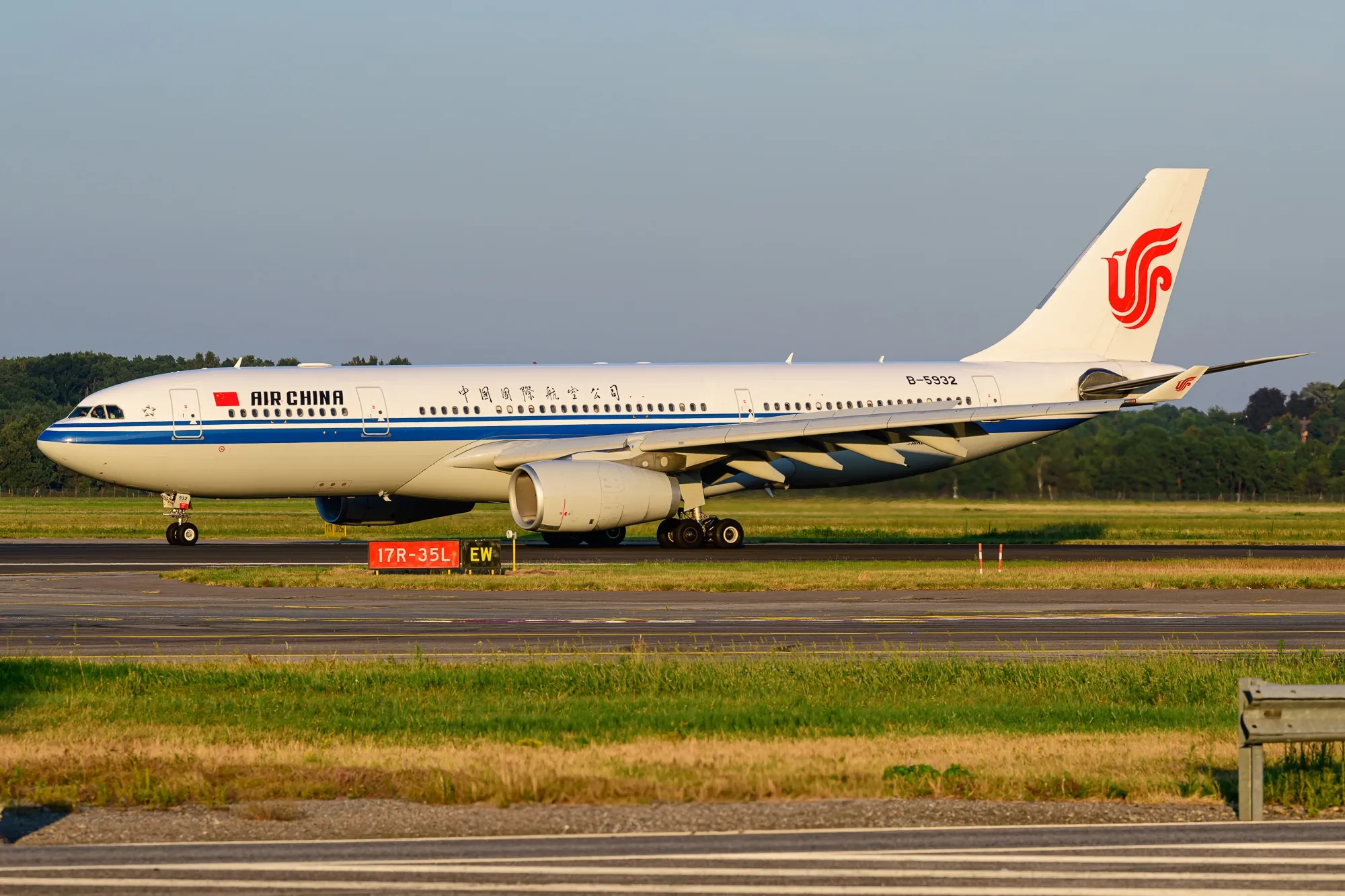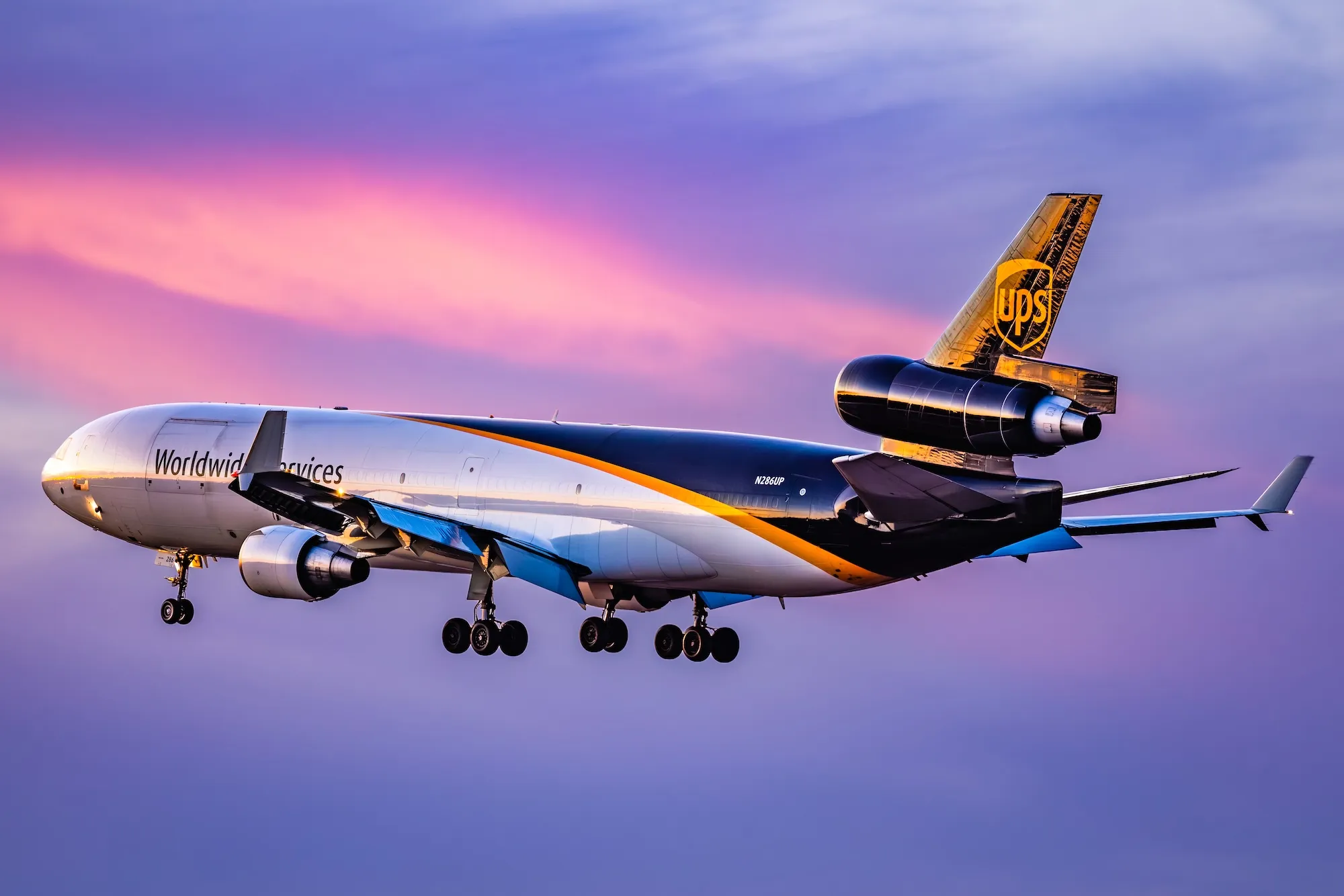DALLAS — In a crucial development for Southwest Airlines (WN), the carrier has announced significant leadership and governance changes as it embarks on a transformative journey.
The airline's Executive Chairman Gary Kelly wrote today, "Yesterday, two of our independent Directors and I met with Elliott Investment Management at its New York office. Our objective was to meet, in person, and commence a productive dialogue, which I believe we successfully achieved." He then continues, "My role has been leading Board oversight, but it has always been transitional, which begs the question as to our vision for the role going forward."
Kelly, a 38-year WN veteran, will thus retire from his role at the 2025 Annual Shareholders Meeting. His departure follows a "productive" meeting with Elliott Investment Management, a significant shareholder, signaling ongoing corporate governance and performance discussions.
Southwest Airlines has also declared plans to refresh its Board. Six current directors, including key figures such as David Biegler and Veronica Biggins, will retire in November. The Board plans to appoint four new independent directors, potentially including up to three of Elliott's candidates.
CEO Bob Jordan continues to receive unanimous support from the Board. He spearheads a transformative business plan to position Southwest for future success, with significant changes such as assigned seating and premium options already announced. The plan will be unveiled at the company's Investor Day on September 26, 2024.
In addition to leadership changes, WN has established a new Finance Committee to focus on the company's financial oversight and strategy execution. Kelly emphasized that the airline's essence will remain intact while embracing necessary changes to stay competitive and innovative in a challenging industry.
Stay tuned for more updates as WN continues to navigate what is a pivotal year in its history. We also invite our readers to listen to our latest episode of The Airways Podcast, as we reflect on the current state of WN and its inter-island flights in Hawaii
In this episode, aviation analysts Rohan Anand and Vinay Bhaskara discuss WN's challenges in the Hawaiian market and broader management critiques.
Southwest Challenges Ahead
Southwest’s expansion into Hawaii, especially its inter-island operations, has proven to be difficult. The airline has faced increasing competition, notably from Alaska Airlines (HA), which is better capitalized and seen as a more formidable competitor than Hawaiian Airlines (HA).
Southwest’s West Coast-Hawaii routes remain critical to its business, particularly serving major markets like Los Angeles, San Diego, and Phoenix. However, its inter-island operations are viewed as a significant challenge and potential net negative for the airline.
A key point raised on the pod was the management critique from Elliott Management, which argues that WN has struggled to maintain its historical success. For decades, the carrier was considered the gold standard in the airline industry, pioneering the low-cost carrier model that inspired airlines globally. However, the longstanding operational strategies that once propelled Southwest to success now face scrutiny as the airline deals with changing industry dynamics.
Our analysts acknowledged some of Elliott's concerns but emphasized the difficulty of quickly transforming an organization of WN's size. While there are valid critiques about its slow adaptation to modern demands—like upgrading its tech for red-eye flights—the expectation of rapid change is unrealistic. The discussion drew comparisons to how long it took Microsoft to revitalize itself under Satya Nadella, stressing that WN is also navigating complex market conditions.
While management is gradually shifting strategies, such as changing its seating policies, the hosts argued that it's essential to give the airline time to evolve. They cautioned against any drastic takeover attempts, which could undermine the legacy of one of the world's largest airlines. WN remains a significant player in the U.S. economy, and its ongoing transformation will take more time before judgments can be fully made.

.webp)
.webp)
.webp)
.webp)
.webp)
.webp)




.webp)